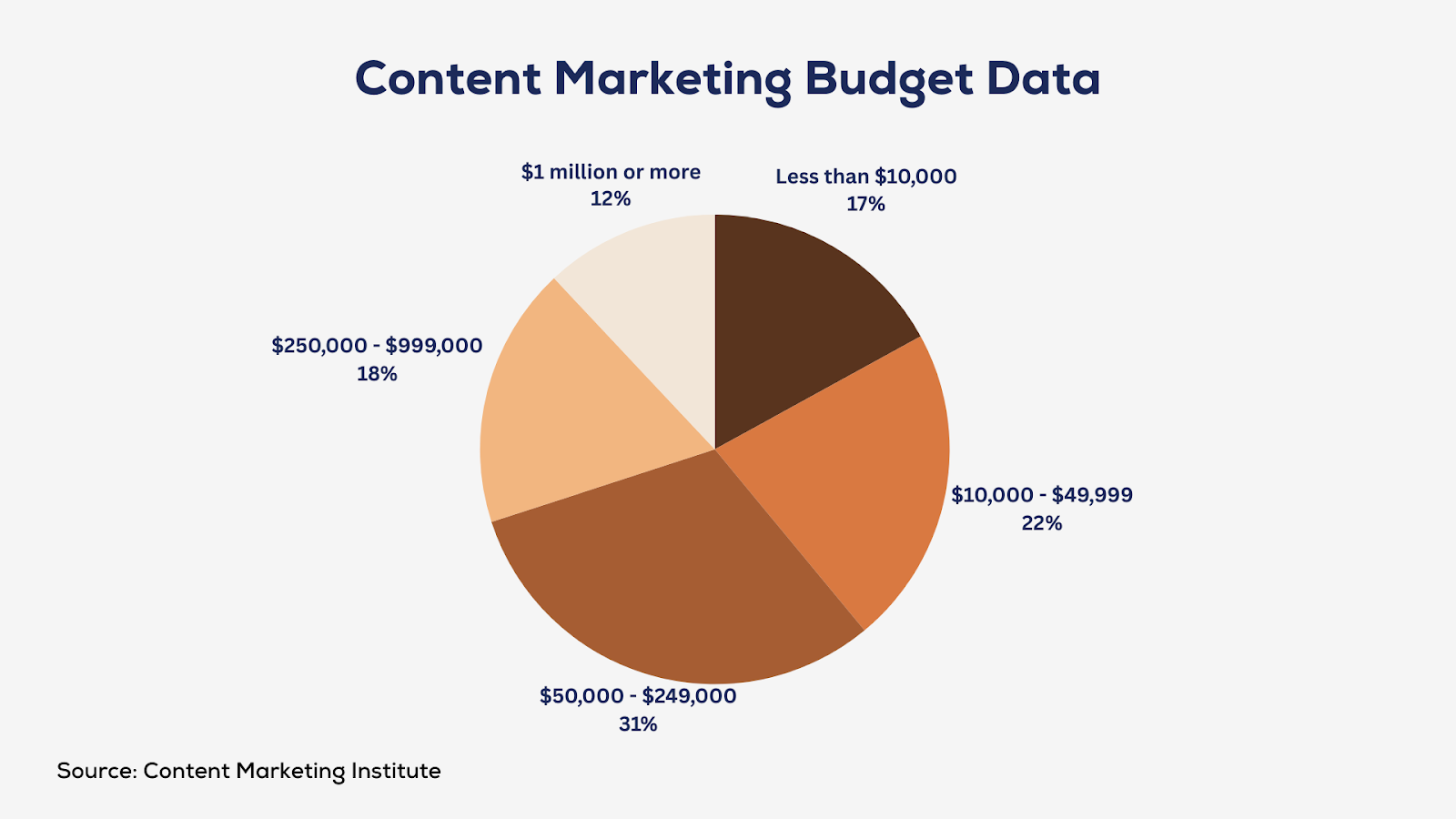In the fast-paced world of content marketing, efficiency is the linchpin of success. Were you aware that 72% of marketers credit their content marketing success to a well-structured content strategy?
With a solid plan in place, you can optimize your efforts to drive results. Let’s explore the key elements of an effective blog content calendar template.
Table of Contents
The Components of a Well-Organized Blog Content Calendar
To understand the key components of a well-organized blog content calendar, let’s delve into what makes content marketing strategies successful, as evidenced by the 72% of marketers who credit their achievements to strategic planning.

Defining Content Goals and Objectives
A study by HubSpot reveals that businesses that set clear content marketing goals are 376% more likely to report success. Before crafting your calendar, clearly define what you want to accomplish. Outline specific, measurable goals aligned with business objectives.
Identifying Your Target Audience
Research from Sprout Social indicates that 83% of consumers like it when a business responds to them on social media, emphasizing the importance of knowing your target audience’s preferences. Personas and buyer journeys should inform content.
Integrating SEO and Keyword Research
SEO leads have a 14.6% close rate, as stated by Search Engine Journal. Optimizing content for keywords and ranking potential is key. Conduct thorough keyword research for topics and formats.
Mapping Out Content Types and Formats
HubSpot’s research shows that blog posts with visuals receive 94% more views than those without, underlining the importance of considering content types and formats. Audit what performs best and incorporate diverse mediums into your calendar.
Scheduling Content Frequency
According to the Content Marketing Institute, 60% of the most successful content marketers publish content consistently. Determine optimal publishing cadences by channel and stick to them.
Building Your Blog Content Calendar Template
Now that you recognize the critical elements of a successful content strategy, it’s time to build your blog content calendar template. Many businesses leverage marketing calendar tools, as found in research by G2Crowd, to streamline this process.
Selecting the Right Tools and Software
A survey by CMI and MarketingProfs found that 39% of B2B marketers struggle to choose the right technology to help manage content marketing efforts. Evaluating features like collaboration, ROI tracking, and custom workflows can simplify your selection process.
Structuring Your Content Calendar
According to a study by the Content Marketing Institute, a well-structured content calendar can boost productivity by up to 30%. Map out an editorial schedule including weekly, monthly, and annual planning to organize efforts.
Allocating Resources and Assigning Responsibilities
The Content Marketing Institute reports that 76% of organizations struggle to find enough time to produce quality content, emphasizing the importance of allocating resources efficiently. Define roles and responsibilities between in-house and outsourced vendors to coordinate creation and meet deadlines.
Efficient Content Creation and Management
Generating content ideas is a common challenge, with 60-70% of marketers facing difficulties in this area, as reported by the Content Marketing Institute. Nevertheless, efficient content creation and management can be a game-changer.
Generating Engaging Content Ideas
Leveraging customer feedback and market trends can unveil promising topics. Consider surveys, interviews, and community conversations to uncover needs. Repurposing evergreen performing content also saves resources.
Creating an Efficient Workflow
HubSpot’s study shows that 63% of organizations have a documented content creation workflow, which streamlines content production. Map the key stages from research to ideation, creation, approval, and distribution within your team.
Integrating Feedback and Iteration
According to the Content Marketing Institute, 72% of B2B marketers adjust their content marketing strategies based on performance metrics, demonstrating the importance of feedback and iteration. Build in review cycles to continuously improve.
Maximizing the Impact of Your Blog Content
Once your content is created, maximizing its impact is crucial. Did you know that 96% of marketers use social media for content promotion, as reported by Social Media Examiner?
Promoting and Distributing Content
Develop a promotion strategy across platforms like social media, email, and through SEO optimization. Ensure content reaches and resonates with your audiences.
Analyzing Performance Metrics
According to Content Marketing Institute, 58% of B2B marketers consider web traffic as the most important metric. Identify key metrics like traffic, leads, sales, and shares to benchmark and track campaign success.
Adjusting Your Calendar Based on Insights
Research from the Content Marketing Institute reveals that 77% of successful content marketers have a strategy that incorporates plans for scaling. Use performance data and analytics to identify gaps and optimize your editorial calendar.
Common Content Marketing Challenges and Solutions
However, content marketing isn’t without its challenges. As we explore some of the common obstacles, remember that addressing these issues is essential for long-term success.
Crisis Management Strategies
Research by NewsWhip found that content about crisis management saw a 92% increase in social engagement in 2020, highlighting the importance of crisis management strategies. Have protocols in place to address events.
Maintaining Consistency and Quality
HubSpot’s study shows that consistent brand presentation across all platforms can increase revenue by up to 23%, emphasizing the importance of maintaining consistency and quality. Create editorial guidelines and standards for approval.
Scaling Your Content Marketing
According to the Content Marketing Institute, 45% of B2B marketers outsource at least one content marketing activity, demonstrating the scalability options available. As needed, consider expanding capabilities through an outsourced team.
Frequently Asked Questions
As content marketers, we often encounter questions and concerns. Let’s address some frequently asked questions to provide clarity and actionable insights.
How do I choose the right content calendar technology?
Considering the array of tools available in the marketplace, focus on finding one that suits your budget, needs, and capabilities. Prioritize must-have features like collaboration, templates, adaptable structures, and analytics integrations.
What are effective content repurposing strategies?
HubSpot reports that content repurposing can save marketers up to 90% in content creation costs. Efforts like adapting evergreen content into new formats and distributions allow you to maximize existing assets.
How can I accurately measure content marketing ROI?
The Content Marketing Institute highlights that measuring content ROI can be challenging, with only 43% of B2B marketers confident in their ability to measure it accurately. Leverage attribution modeling and track qualitative engagement metrics to demonstrate value.
Key Takeaways on Content Calendar Efficiency
In conclusion, a well-organized blog content calendar is the cornerstone of an efficient content marketing strategy, as evidenced by the statistics and facts we’ve explored throughout this article. Defining your objectives, understanding your audiences, optimizing content for search, mapping out engaging formats, and maintaining publishing cadences allow you to execute a streamlined approach for content success.
While achieving efficiency requires effort, the long-term payoff can significantly enhance your content performance. Use the strategies outlined here to build a plan tailored to your resources, teams, and goals. With a sound content calendar guiding your efforts, you’ll be well on your way to content marketing mastery.





